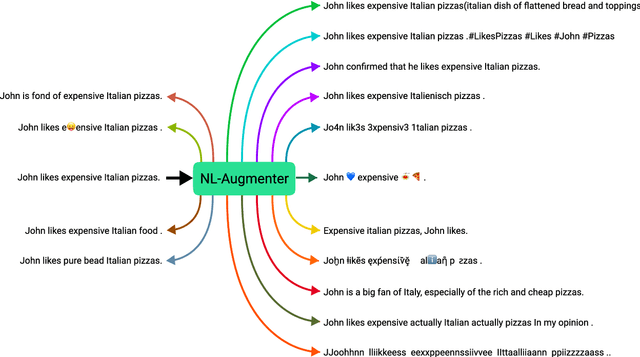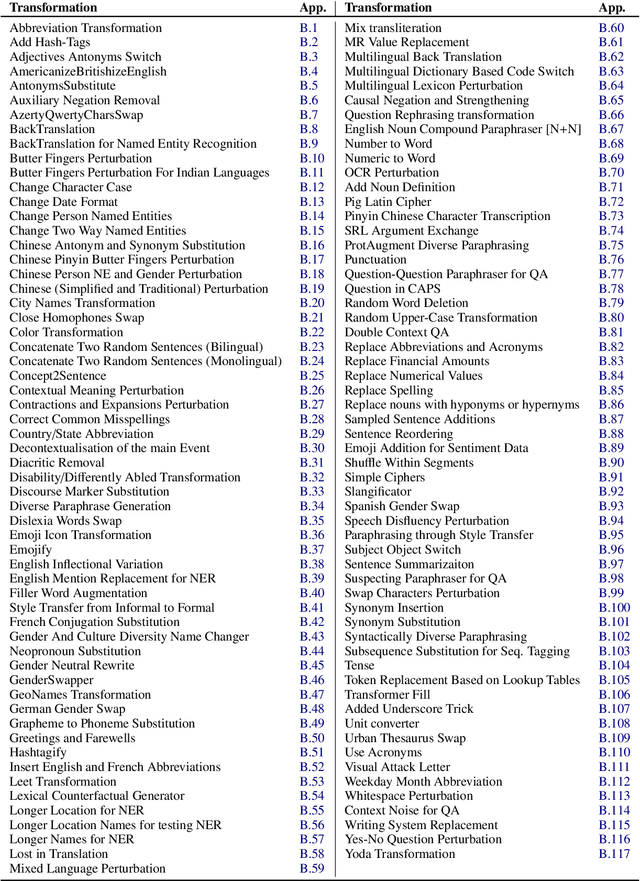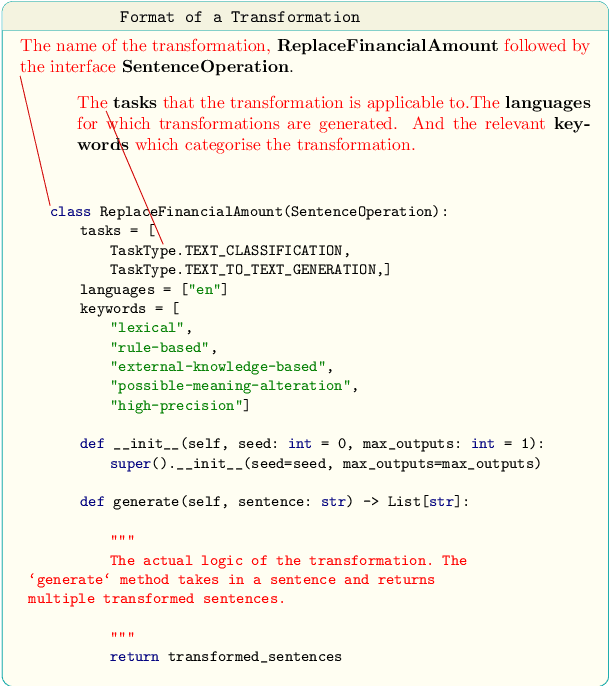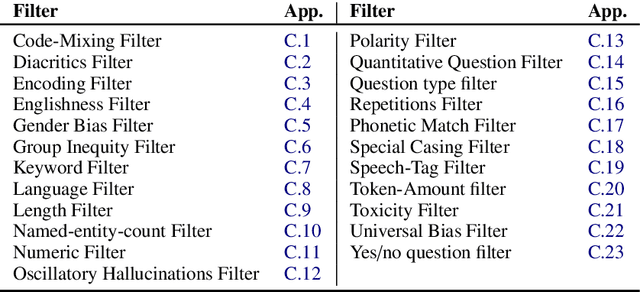Ashish Srivastava
Parallelization of the K-Means Algorithm with Applications to Big Data Clustering
May 20, 2024Abstract:The K-Means clustering using LLoyd's algorithm is an iterative approach to partition the given dataset into K different clusters. The algorithm assigns each point to the cluster based on the following objective function \[\ \min \Sigma_{i=1}^{n}||x_i-\mu_{x_i}||^2\] The serial algorithm involves iterative steps where we compute the distance of each datapoint from the centroids and assign the datapoint to the nearest centroid. This approach is essentially known as the expectation-maximization step. Clustering involves extensive computations to calculate distances at each iteration, which increases as the number of data points increases. This provides scope for parallelism. However, we must ensure that in a parallel process, each thread has access to the updated centroid value and no racing condition exists on any centroid values. We will compare two different approaches in this project. The first approach is an OpenMP flat synchronous method where all processes are run in parallel, and we use synchronization to ensure safe updates of clusters. The second approach we adopt is a GPU based parallelization approach using OpenACC wherein we will try to make use of GPU architecture to parallelize chunks of the algorithm to observe decreased computation time. We will analyze metrics such as speed up, efficiency,time taken with varying data points, and number of processes to compare the two approaches and understand the relative performance improvement we can get.
NL-Augmenter: A Framework for Task-Sensitive Natural Language Augmentation
Dec 06, 2021



Abstract:Data augmentation is an important component in the robustness evaluation of models in natural language processing (NLP) and in enhancing the diversity of the data they are trained on. In this paper, we present NL-Augmenter, a new participatory Python-based natural language augmentation framework which supports the creation of both transformations (modifications to the data) and filters (data splits according to specific features). We describe the framework and an initial set of 117 transformations and 23 filters for a variety of natural language tasks. We demonstrate the efficacy of NL-Augmenter by using several of its transformations to analyze the robustness of popular natural language models. The infrastructure, datacards and robustness analysis results are available publicly on the NL-Augmenter repository (\url{https://github.com/GEM-benchmark/NL-Augmenter}).
 Add to Chrome
Add to Chrome Add to Firefox
Add to Firefox Add to Edge
Add to Edge